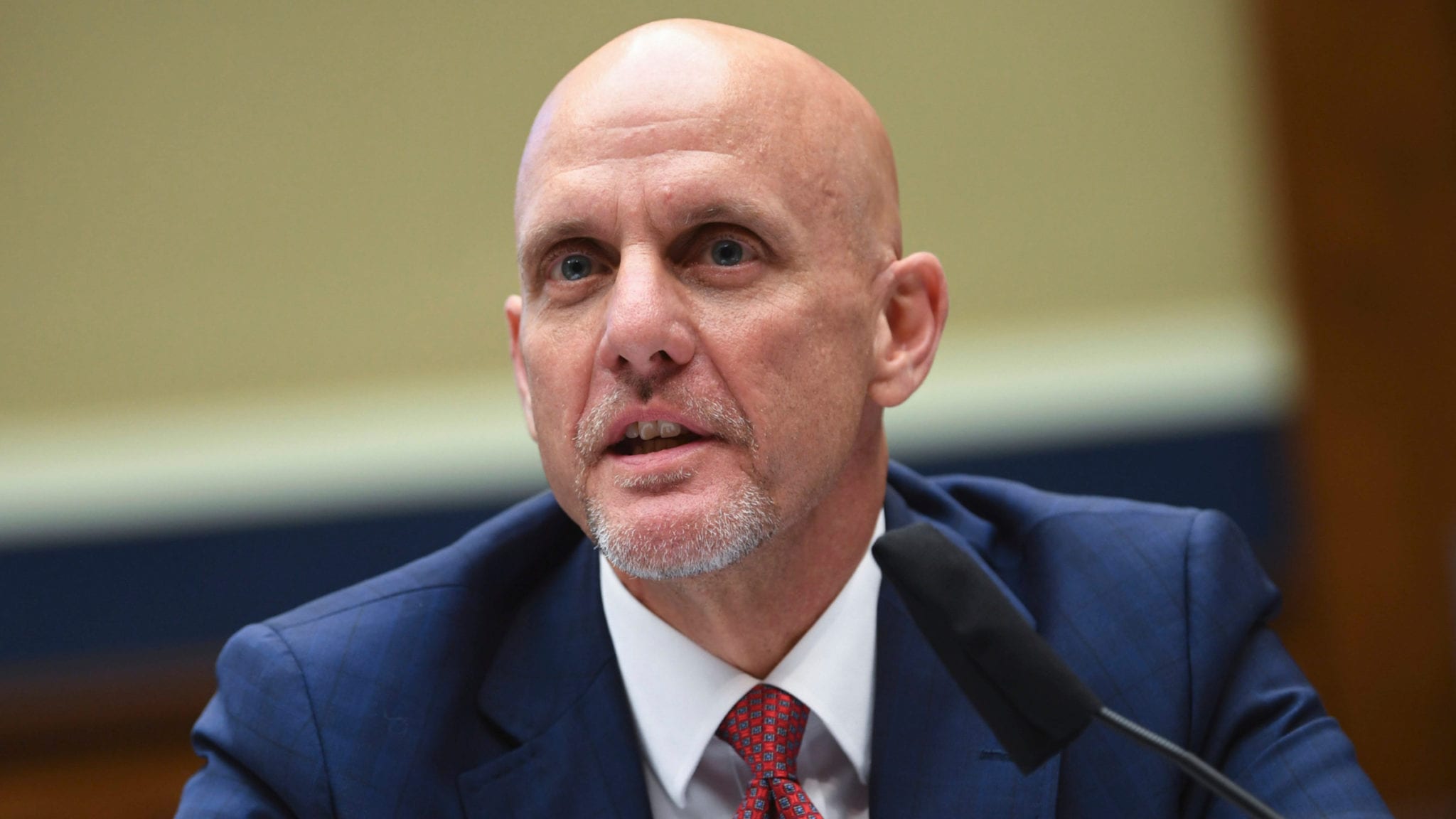
FDA authorizes Pfizer-BioNTech Covid-19 vaccine
The first Covid-19 vaccine has arrived in America.
The FDA issued an emergency use authorization for the Pfizer-BioNTech vaccine late …
Sign up to read this article for free.
Get free access to a limited number of articles, plus choose newsletters to get straight to your inbox.